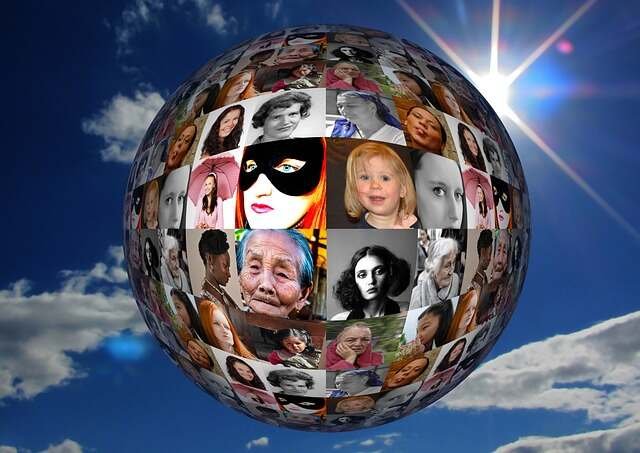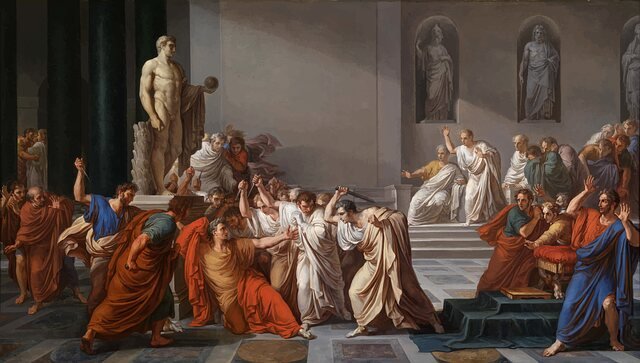Against the Communist Regime, Orwell’s 1984 Political Novel (Summary and Analysis)
1984 is a political novel directed against the new communist regime in the early 50’s, and aimed at Western readers.
In 1984, Orwell described an absolute totalitarian society, the most extreme manifestation of modern government imaginable.
1984 is a philosophical and anticipatory novel published in 1949, in which Orwell describes a totalitarian world in which ideology triumphs over the individual.
1984 summary by George Orwell
The story takes place in London in 1984. The world is divided into three major geopolitical eras that are at war: Eurasia, Eastasia and Oceania, all totalitarian, led by the communist party which originally dreamed of being the liberation agent of the proletariat. . The main character, Winston Smith, works at the Ministry of Truth, where he revises his story to suit the Party’s version. Smith is therefore a clear figure of manipulation by the Party, but he hides his opinion.
Smith describes the society that surrounds him: general condemnation, denial of sex and all sensuality, the police of thought and language, and especially of Big Brother’s surveillance, the camera system, reducing the individual to nothingness and isolating him. But an encounter with a young woman, Julia, prompts him to break the rules of the party: they fall in love and dream of a populace rebellion. Betrayed by one of their “friends” (O’ Brien), they are captured, tortured, and seduced again. The Party’s victory over Smith was total because he denied Julia.
Read also: Political Systems in the Wolrd | Form of Governments
Analysis in 1984 by George Orwell
1984 is a political novel directed against the communist regime born in the early 1950s, and aimed at Western readers.
In 1984, Orwell described an absolute totalitarian society, the most extreme manifestation of modern government imaginable. The title of the novel suggests that Orwell saw the historical possibility of the emergence of such a world.
This technique is seen as a symbol of political domination, especially in the service of psychological manipulation. Big Brother is introduced to every house and apartment: public and private sectors combined. Children are brought up to spy on and criticize their parents and suppressed sexuality because desire is seen as testimony to individuality. As well as mental manipulation, the Party exercises physical control over the population: even facial movements can lead to arrest. All individuals work hard to maintain the population in a state of extreme exhaustion, which increases their compliance rate. Torture was also a widespread practice, a sign that the body belonged to the State. History has also been controlled since the Party rewrote the archives.

Nineteen Eighty-Four by George Orwell, published by “Progress” Press in Moscow. This edition was a limited edition, only for members of the Central Committee of the Communist Party of the Soviet Union. издательстве «Прогресс», Public domain, via Wikimedia Commons
Conclusion about 1984: Totalitarianism is creeping from our society
1984 is a novel whose philosophical content is clear: its themes (subjectivity, the state, public/private relations, desire, the media, …) are treated in such a way as to make Americans in 1949 reflect on its dangers and potential. regime with totalitarian deviations.
Sources: PinterPandai, Goodreads, SparkNotes
Photo credit: geralt via Pixabay
Remaining Communist Countries in the World | Can you name them?



